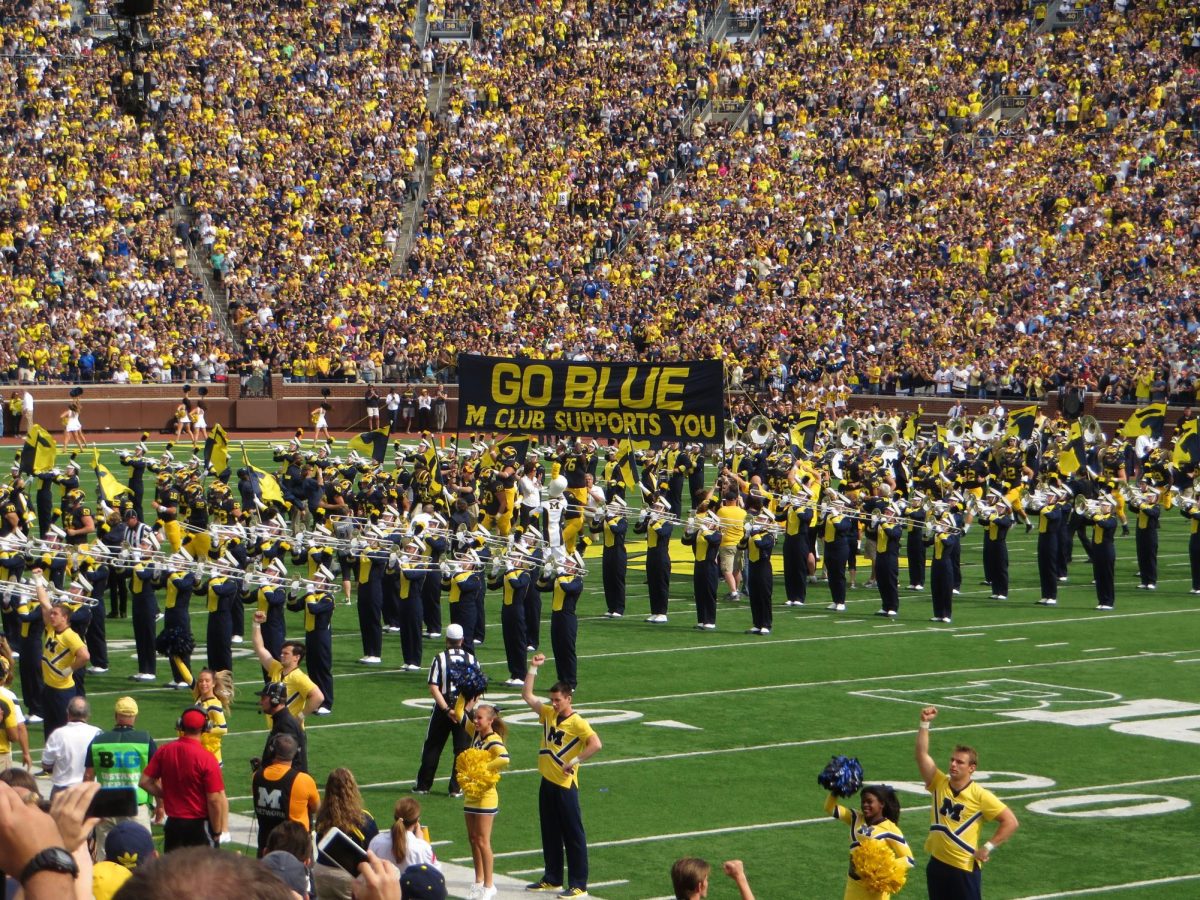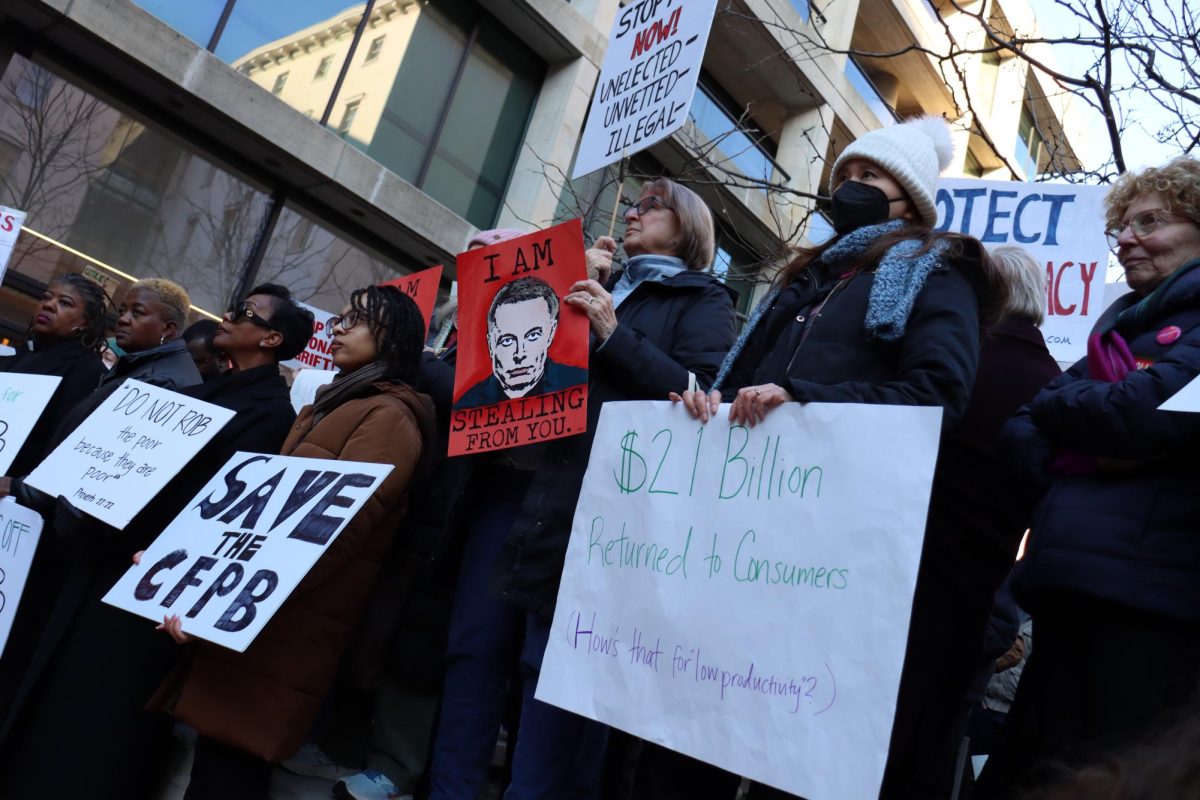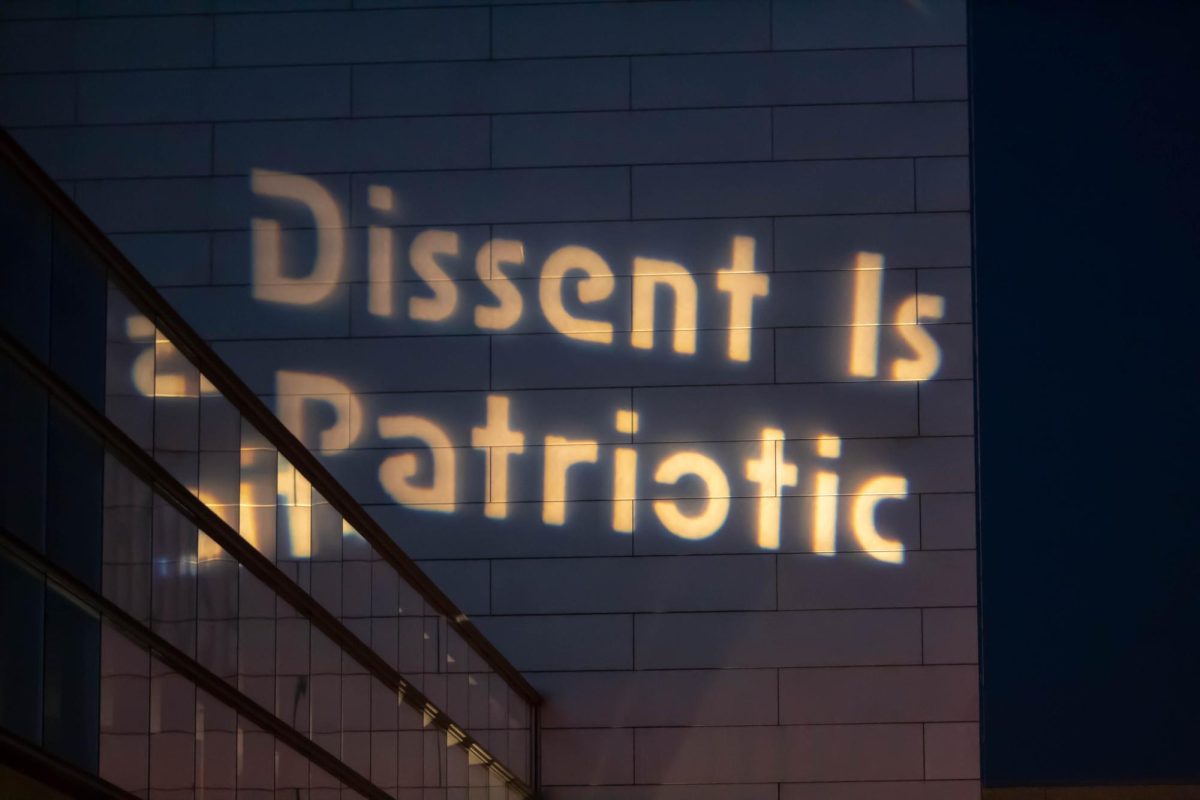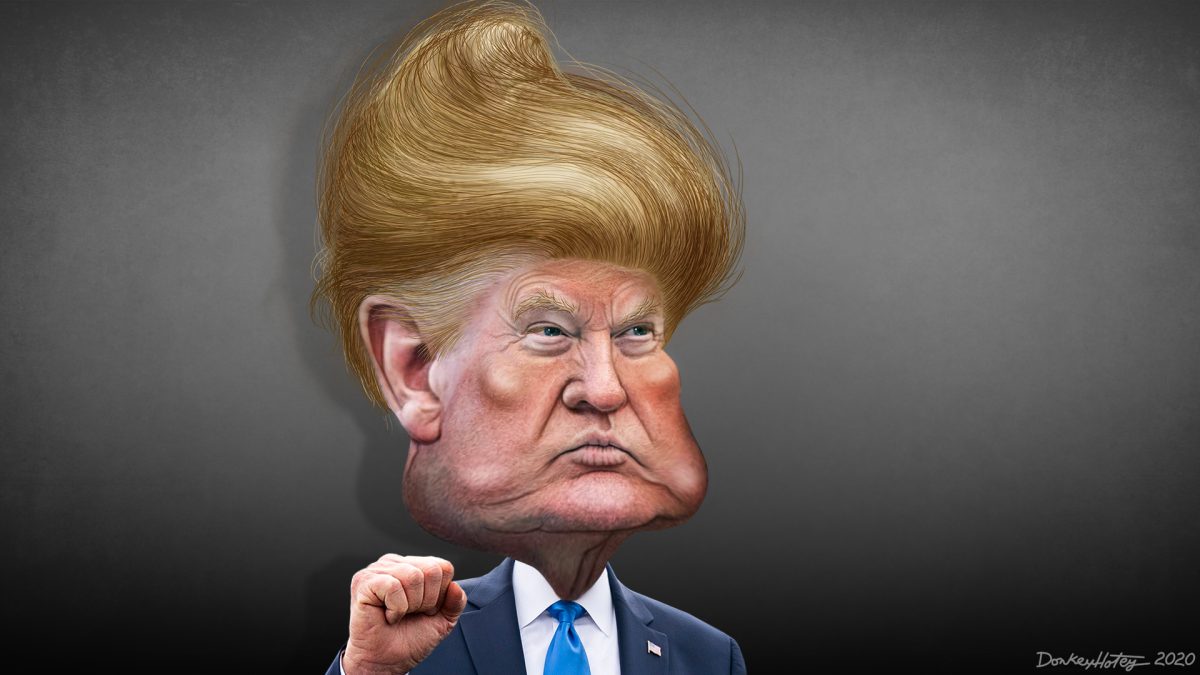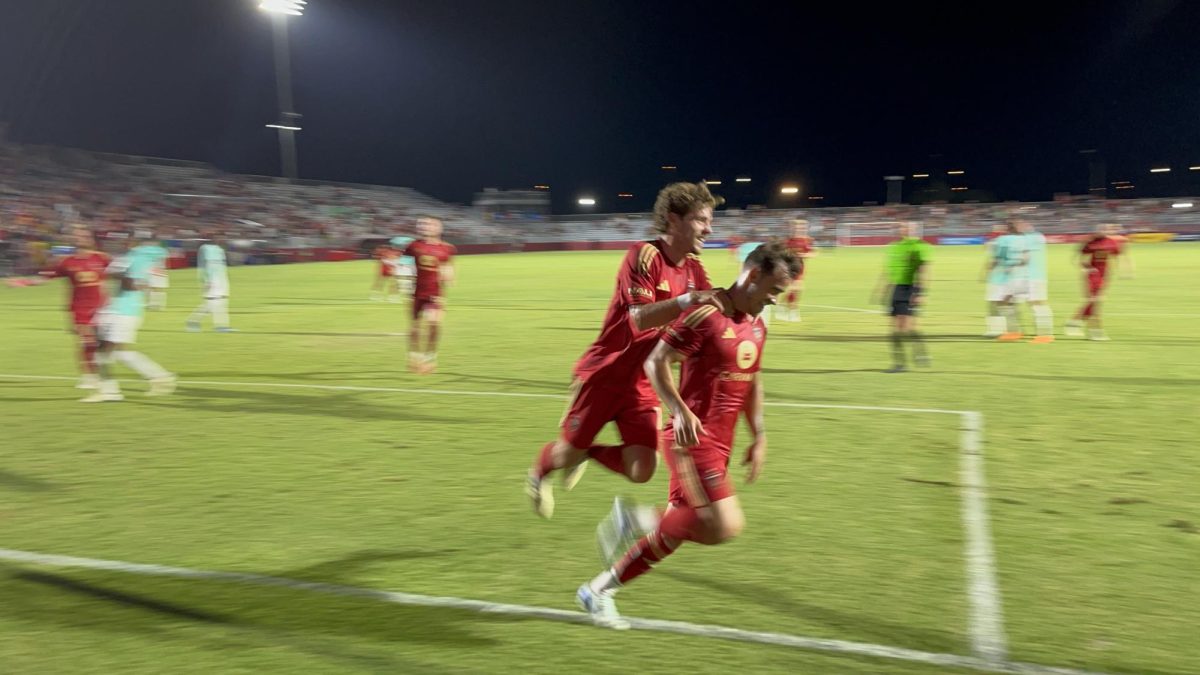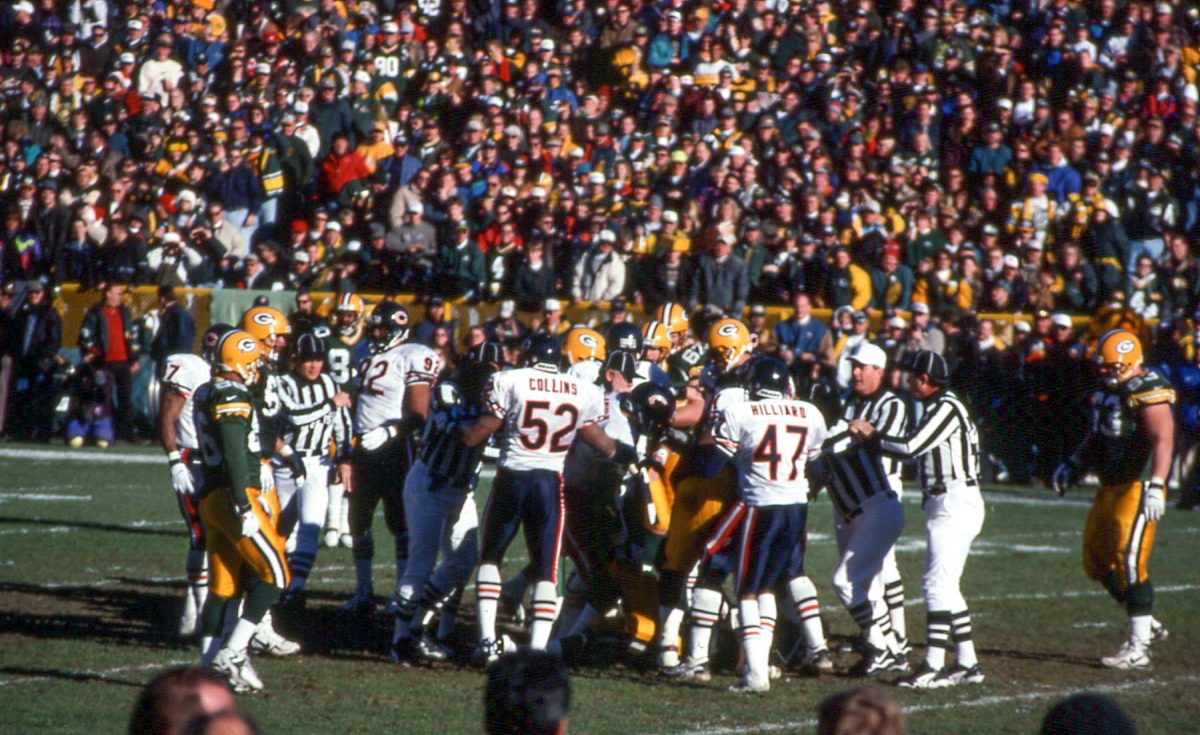Name, Image, and Likeness (NIL), began its early waves in 2019 after a California Supreme Court ruled in favor of the “Fair Pay-for-Play” act.
In five short years, fans, universities, student-athletes, boosters, and the NCAA as a whole have seen dramatic shifts in the landscape of collegiate athletics. Although NIL has some serious benefits, such as athletes remaining in school longer to continue education, learning real-life business skills provided from NIL opportunities, and even increased revenue for universities themselves, there are some unsettling issues on the horizon for future collegiate athletics, especially when it comes to the biggest cash-cow of all— college football.
The NCAA allowed the floodgates to run rampant and change the outlook on major college programs, what was once a major draw for many college football fans, or, the “purity” of the sport not all centered around money— like it is in the professional ranks.
But with players now signing to schools regularly based on who cuts the biggest check, the NCAA failing to reinstall substantial transfer rules (players are now immediately eligible after their first transfer and only required to sit one year should they transfer a second time), essentially allowing for college “free-agency” or more well known as the transfer portal, where high level players on underachieving programs can now bolt to a team more ready to contend and may even be compensated heavily for doing so.
Collegiate sports fans across the country better be ready to say goodbye to the philosophy of the university “spirit” of the sport they once loved and hello to college football’s transition to NFL “Light.”
The gaps in talent distribution and universities abilities to afford this kind of large-scale operation are going to be limited, current TCU Head Football Coach Sonny Dykes believes this will happen sooner rather than later between the Power 4 conferences (Big 10, Big 12, SEC, and the ACC) and the Group of 5 Conferences ( AAC, Mountain West, C-USA, MAC, and the Sun Belt) “there has got to be a split eventually” also noting “Alabama and Louisiana Tech aren’t playing the same sport,” Dykes said via TexasFootball.com.
These types of changes including NIL and the transfer portal were not the only reasons but were major factors for former Alabama Head Football Coach Nick Saban in his decision to retire from coaching,
“I loved coaching. We adapted well to the system.”
At Alabama, we were one of the ‘haves’ in this new, current system even though I see some serious problems with it moving forward in the future,” Saban said.
Here comes the money—no surprise here.
Many of these changes are going to go off in rocket-like fashion due to private equity investors becoming interested in college programs across the country, these investors are circling around the NCAA like vultures waiting for the old system to die and open the financial floodgates to an all-time high across the board, however dire that may sound to the loyal sports fan, the structure that could potentially come from this could net positive over time.
A Search Firm Executive, Len Perna, broke down some of the inner workings of this potential future change of college football.
“We’re studying ways to unlock more value from and for college football for the betterment of all and centralizing FBS football scheduling, promotion and commercial rights would be better for football student-athletes, because it would enable them to collectively bargain and be rewarded for their value, without limiting their choices or needing to be ’employees,'” Perna said.
These are going to be the steps that end up causing college football to completely break away from the NCAA, thus creating a new genre of professional football, alienating many fans due to the proverbial “chasing the bag” to be in full swing.
College football as we know it—will soon be gone, with other collegiate sports following suit as the dominos continue to fall.
Someone once said, “just follow the money”—it is what it is, and always will be—like it or not.
With or without rabid college fans—the money train will keep on rolling.


